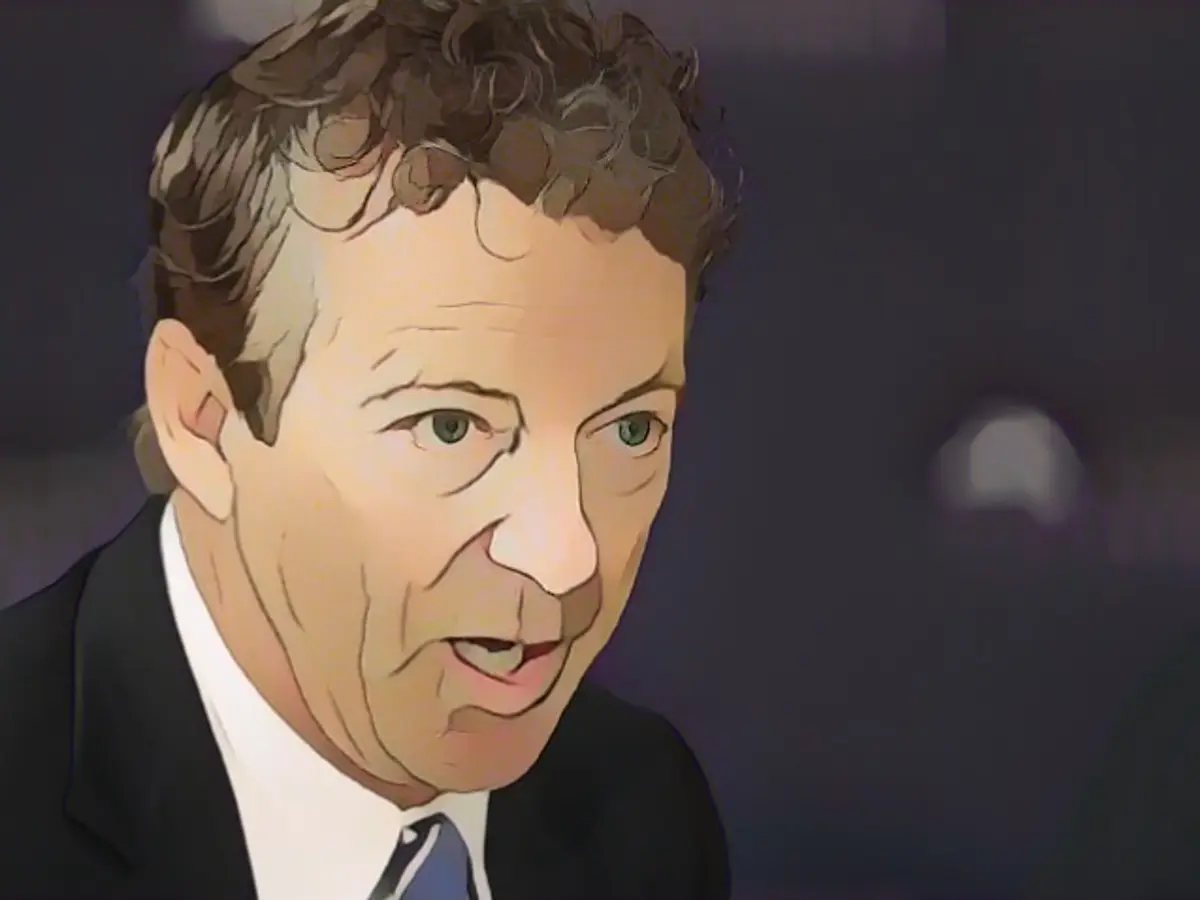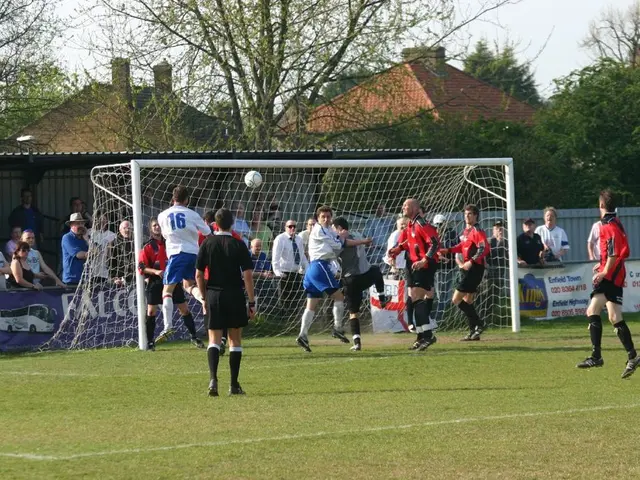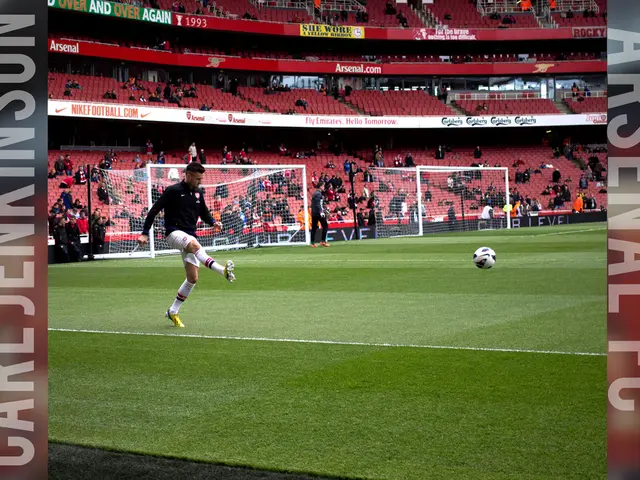Rand Paul's stance on civil disobedience isn't exactly surprising, given his criticisms of Covid-19 restrictions. His recent encouragement of civil unrest is, however, a bit questionable considering the potential harm it could bring.
The Republican senator has previously expressed aggressive opinions towards Black Lives Matter activists, even going as far as referring to them as "angry, mad" thugs. But when it comes to protests against Covid-19 restrictions in Canada, like the "Freedom Convoy," Paul is all for it. He believes in the nobility of civil disobedience, viewing it as a tradition that dates back to the fight against slavery and for civil rights.
If American truckers or others decided to protest against Covid-19 restrictions, Paul would likely back them. He sees peaceful protests as a way to slow things down and encourage people to think about empowerment. This stance is a significant shift from his views on Black Lives Matter protests in 2020, which he deemed peaceful but still criticized.
But what if truckers or others started causing disruptions in American cities? Paul might tell them to "give it all."
Civil disobedience is a deeply rooted tradition in America, according to Paul. Everyone has the right to peacefully protest, whether it's for racial justice or against vaccination mandates. However, if these protests disrupt critical infrastructure, like supply chains, or contribute to the spread of the virus, causing further strain on healthcare systems, Paul should probably think twice before encouraging such actions.
As a physician, he should be well aware of the potential consequences of large-scale protests. His support for such actions could have detrimental effects, especially with the country already struggling with high inflation.
In 2015, Paul criticized Black Lives Matter activists for disrupting Bernie Sanders' rally. Yet, his stance towards them back then was different than his current one.
The "Freedom Convoy" protests in Ontario, Canada, resulted in the closure of a crucial border crossing between Detroit and Windsor, affecting thousands of trucks per day and costing millions in losses. Michigan Governor Gretchen Whitmer attributed this shutdown to negative economic impacts on the state, including the auto industry, agriculture, and manufacturing.
Similar protests in the U.S. could disrupt supply chains, causing problems for businesses and raising inflation rates. Republican Representative Lance Gooden of Texas expressed support for such protests, despite the potential economic consequences.
It's unlikely that senators like Paul and Gooden support such actions out of a love for peaceful protests. They're likely more focused on political gain than the well-being of American workers and businesses.
Americans, especially truck drivers, deserve better.
(Enrichment Data inserted and integrated into the base article)
Support for large-scale civil disobedience protests against Covid-19 restrictions by senators like Rand Paul and Lance Gooden could have several potential consequences and implications, particularly on supply chains, inflation, and public health. Here are some possible outcomes:
Supply Chains
- Disruption of Essential Services: Large-scale protests could disrupt essential services, leading to shortages of critical supplies, including medical equipment and vaccines.
- Economic Impact: Protests might lead to the closure of businesses, especially those in the service industry, exacerbating economic instability and affecting the overall supply chain.
Inflation
- Economic Uncertainty: Civil disobedience protests can create economic uncertainty, leading to increased costs for businesses and consumers due to disruption of normal operations. This could contribute to higher inflation rates.
- Supply Chain Disruptions: Disruptions in supply chains can lead to shortages and increased costs, which are inflationary pressures.
Public Health
- Spread of Disease: Large gatherings and protests can increase the risk of Covid-19 transmission, potentially leading to a surge in cases and hospitalizations. This could overwhelm healthcare systems, especially if there are insufficient measures in place to mitigate the spread of the virus.
- Public Trust Erosion: If protests lead to increased cases and hospitalizations, it could erode public trust in government measures to control the pandemic, making it harder to implement effective public health policies in the future.
Political Implications
- Political Polarization: Support for civil disobedience protests can further polarize the political landscape, potentially leading to more divisive rhetoric and actions. This could hinder bipartisan efforts to address the pandemic effectively.
- Legislative Challenges: The political fallout from such protests could make it more challenging for lawmakers to pass legislation aimed at addressing the pandemic, including measures to support economic recovery and public health initiatives.
In summary, while the intention behind such protests might be to challenge government restrictions, the actual consequences could be detrimental to the very aspects they aim to protect—supply chains, economic stability, and public health.







